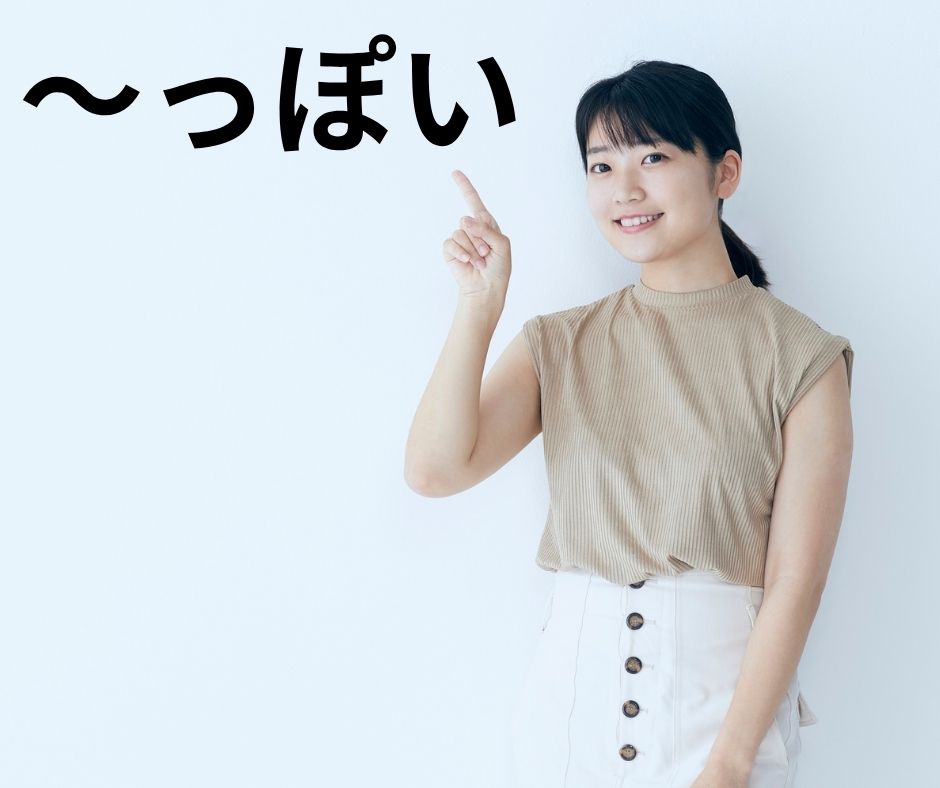October 22, 2025
No Comments
How to Say “Thanks to” or “Because of”
Learn how to say “thanks to” and “because of” in Japanese using ~おかげで and ~せいで! Understand the difference between positive and negative reasons easily.
Read MoreOctober 20, 2025
No Comments
How to Use 〜にとって to Say “For (Someone)”
Learn how to use 「〜にとって」 to say “for someone” in Japanese! Understand its meaning, grammar, examples, and how it differs from 「〜のために」
Read MoreOctober 16, 2025
No Comments
Mastering っぽい to Express “-ish / Like”
Learn how to use っぽい in Japanese to express “-ish,” “like,” or “seeming,” with tips on nouns, verbs, adjectives, and common pitfalls.
Read MoreOctober 15, 2025
No Comments
完全栄養食 – Complete Nutrition Food
Discover BASE BREAD, a complete nutrition bread with protein, vitamins, and minerals. Healthy and perfect for bread lovers!
Read MoreOctober 14, 2025
No Comments
Here are The 2 Ways to Use 〜らしい in Japanese
Learn how to use 〜らしい in Japanese! Understand the difference between hearsay (“I heard that…”) and appearance (“typical of…”) with clear examples and practice.
Read MoreOctober 13, 2025
No Comments
スポーツの日 – Health and Sports Day in Japan
Learn about Japan's Sports Day, a holiday to enjoy exercise, stay healthy, and have fun with school events, marathons, and sports festivals.
Read More









